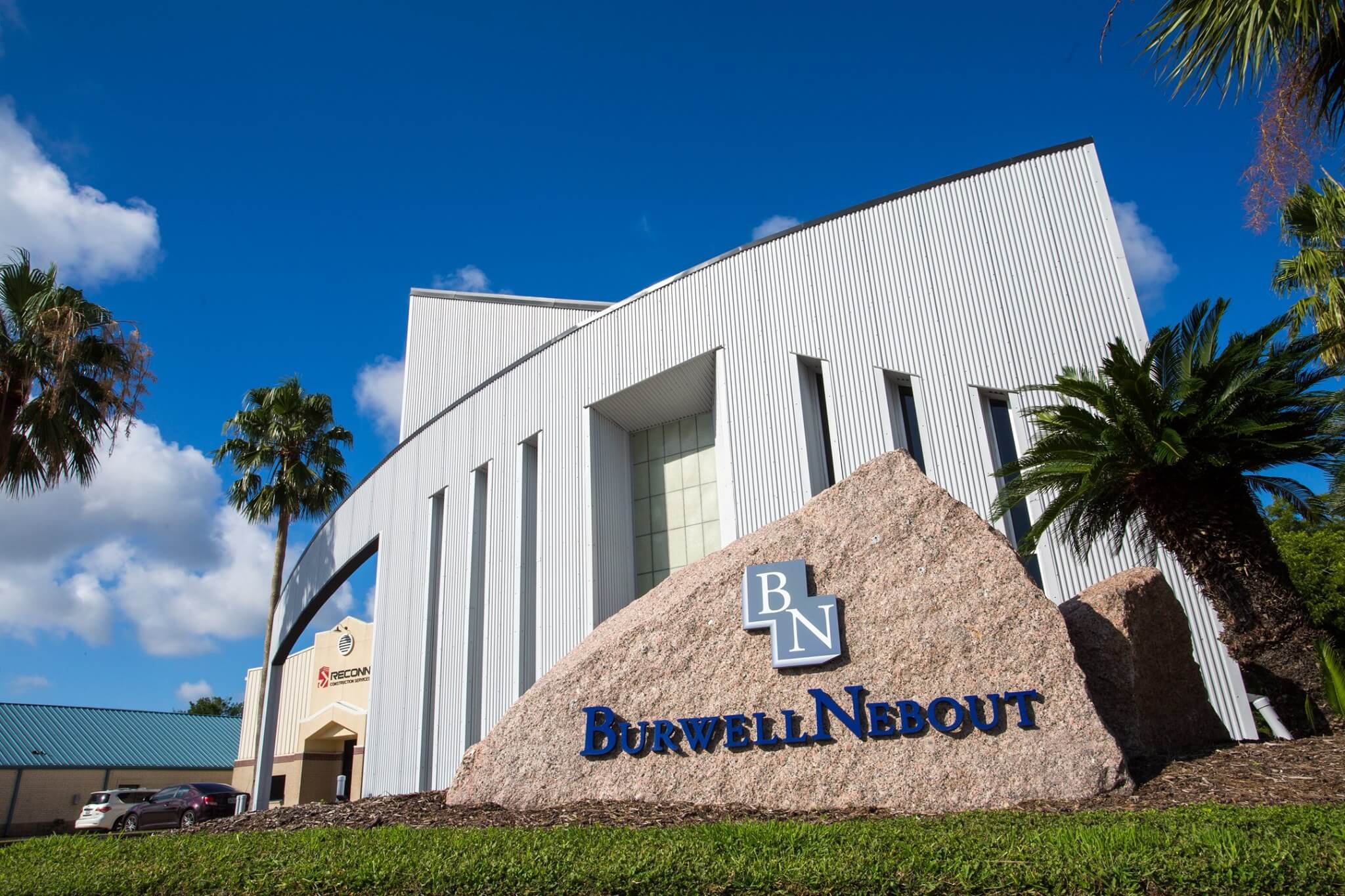

No matter how cautiously one drives, no motorist has control over the actions of other drivers on the road. Motor vehicle accidents are the third most common cause of traumatic brain injuries (TBIs) in the US, and the top cause of TBIs in motorists ages 15 to 44. Even survivable TBIs can prove severe, resulting in long-term or even permanent disability.
If you sustain a TBI in an accident caused by another driver in Texas, you shouldn’t have to bear the cost of your medical care. The compassionate legal team at Burwell Nebout Trial Lawyers has been fighting for traumatic brain injury patients for over fifty years, winning substantial compensation and providing exemplary legal advice and services to our clients. We are committed to ensuring that each and every one of our clients receive the medical care they deserve, at no cost to themselves.
A traumatic brain injury (TBI) is a serious injury typically sustained from a blow or sudden, forceful movement of the head. TBIs occur frequently in motor vehicle accidents. For example, the force of impact from a crash may jolt a driver’s body, causing their brain to collide forcefully with the inside of their skull. Alternatively, if the skull is fractured upon impact, pieces of glass from a shattered windshield could pierce the brain tissue itself. Severe TBIs can be fatal, although many critical TBI patients do survive, albeit with reduced or altered brain function.
Traumatic brain injuries are divided into two main categories: open head injuries and closed head injuries.
Sadly, Texas has the highest rate of traffic deaths in the country, with many resulting from traumatic brain injuries. But motor vehicle accident-related TBIs are prevalent across the US. According to the CDC:
TBIs can present in several different forms, ranging from mild to moderate to severe. Each TBI type has its own range of severity. For example, although concussions are considered to be a mild form of TBI, the recovery time for a mild concussion is typically much shorter than that of a severe concussion, and a severe concussion can cause extensive interference in the patient’s daily life.
Some of the most common types of traumatic brain injuries include:
Because the brain plays an important role in the control and function of all bodily systems, the symptoms of a TBI vary widely from case to case. A person’s symptoms depend on several factors, such as whether the TBI was an open or closed head injury, the severity of the TBI, and the injury’s location in the brain. Additionally, it is very common for TBI patients to have more than one form of TBI, thus compounding their symptoms.
Whether or not a person has lost consciousness at the scene of the accident, as well as how long they remain unconscious, directly correlates to the severity of the traumatic brain injury.
One of the most dangerous aspects of a TBI lies in the delay of symptom onset. A TBI patient may feel fine immediately following a crash, only to experience symptoms days or even weeks after the initial injury. For this reason, seeing a doctor within the first few hours after a car crash is crucial for both overall recoveries and for receiving maximum compensation from an auto insurance claim. If you have recently been involved in a motor vehicle accident, be sure to visit a doctor immediately.
Much like its symptoms, the prognosis for a traumatic brain injury depends on the severity of the injury and the affected areas of the brain. For example, concussion patients do not typically require inpatient care for more than a few days, and most people can successfully manage their symptoms at home. They may take pain medication as needed to combat headaches but otherwise require little medical intervention. Most patients with mild TBIs recover within three months.
Patients with moderate TBIs usually regain most, if not all, of their normal brain function within a matter of months. However, more intensive forms of medical treatment are often necessary, as compared to mild TBIs. Common examples include surgery to stop bleeding and repair tissue damage, and physical or speech therapies, to regain cognitive function.
Severe TBIs vary most in their prognosis. It is likely that a severe TBI patient will need surgery and prolonged inpatient care and may never fully recover their previous level of brain function. Patients with severe TBIs will most likely need to participate in long-term therapy programs to improve their functioning, or, if necessary, to readjust to life with a permanent disability.
If you are suffering from a TBI due to a car accident, truck accident, or other personal injury accident, the skilled legal team at Burwell Nebout Trial Lawyers can help. A TBI significantly impacts a person’s life, regardless of its severity. Auto insurance claims are complex enough without the additional burden of a brain injury. If you are suffering from a TBI, you shouldn’t have to navigate the insurance claims process alone.
A skilled TBI attorney can deal with the insurance company, file the necessary paperwork, and ensure that you receive the full compensation you deserve. Book a free consultation to discuss your motor vehicle accident claim with Burwell Nebout Trial Lawyers today.